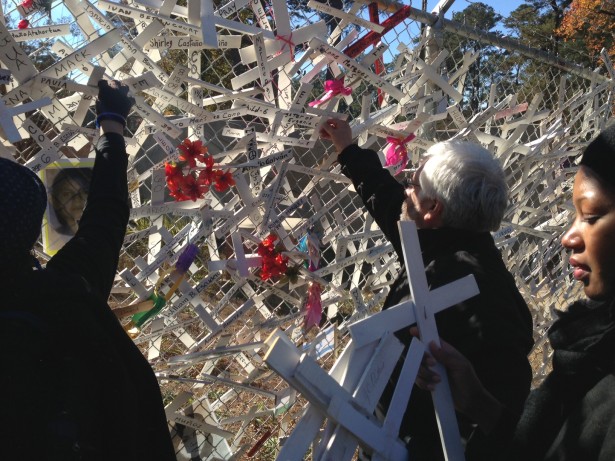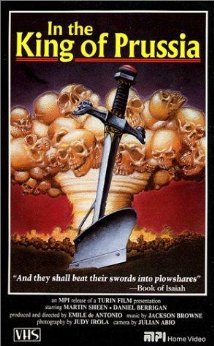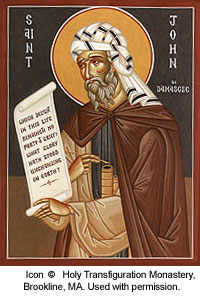The following was written by Emmanuel Charles McCarthy:
December 7, 1941, A Day of Infamy. Indeed!
One day President Roosevelt told me that he was asking publicly for suggestions about what the war should be called. I said at once, “The Unnecessary War.” There never was a war easier to stop than that which has just wrecked what was left of the world from its previous struggle [World War I].
—Winston Churchill, The Gathering Storm, (1948), p.iv
Thomas Dewey, who was running against Franklin Roosevelt, concluded after being briefed on the inquiry that F.D.R. had known in advance about the Japanese attack on Pearl Harbor and failed to stop it. Privately fuming that Roosevelt was a ”traitor” who ”ought to be impeached,” he was prepared to denounce the president publicly when General George Marshall sent an aide to plead with him not to raise this divisive issue. Nevertheless, Dewey’s running mate, John Bricker, told voters that the president was hiding his complicity in the ”disgraceful” episode.
—Michael Bechloss, New York Times. (5/ 26/02).
On August 18, 1941, Winston Churchill met with his cabinet at 10 Downing Street. In this 1941 meeting, Churchill told his cabinet, according to the official minutes: “The President [Roosevelt] had said he would wage war but not declare it. “Everything was to be done to force an incident.”
In January 1941 then U.S. Ambassador to Japan wrote in his diary: “There is a lot of talk around town to the effect that the Japanese, in case of a break with the United States, are planning to go all out in a surprise mass attack on Pearl Harbor. Of course I informed my government.”
On February 5, 1941, Rear Admiral Richmond Kelly Turner wrote to Secretary of War Henry Stimson to warn of “the possibility of a surprise attack at Pearl Harbor.”
On November 15th, 1941 Army Chief of Staff George Marshall briefed the media on something we do not remember as “the Marshall Plan.” In fact we don’t remember it at all. “We are preparing an offensive war against Japan,” Marshall said, asking the journalists to keep it a secret, which they dutifully did.
It is now well known that U.S. cryptologists had sufficiently broken the Japanese secret military and non-military codes so as to be well aware of the forthcoming attack on Pearl Harbor on December 7, 1941. Naval Captain Joseph Rochefort, co-founder of the Navy’s communication intelligence section, who was instrumental in failing to communicate to the commanding General and Admiral at Pearl Harbor the deciphered information about the what was coming, would after the war say about withholding information from General Short and Admirable Kimmell and thereby allowing the “sneak” attack on Pearl Harbor which killed 2500 U.S. men and women, mostly military personnel, “It was a pretty cheap price to pay for unifying the country.”
On Monday December 1st, six days before the attack on Pearl Harbor actually came Secretary of War Stimson wrote, “The question was how we should maneuver the Japanese into the position of firing the first shot without allowing too much danger to ourselves. It was a difficult proposition.” Was it? One obvious answer was to keep the fleet in Pearl Harbor and keep the sailors stationed there in the dark and bemoan their deaths after the attack from comfortable offices in Washington, D.C. In fact, that was the solution our suit-and-tied heroes went with. From their perspective, “It was a pretty cheap price to pay for unifying the country.




